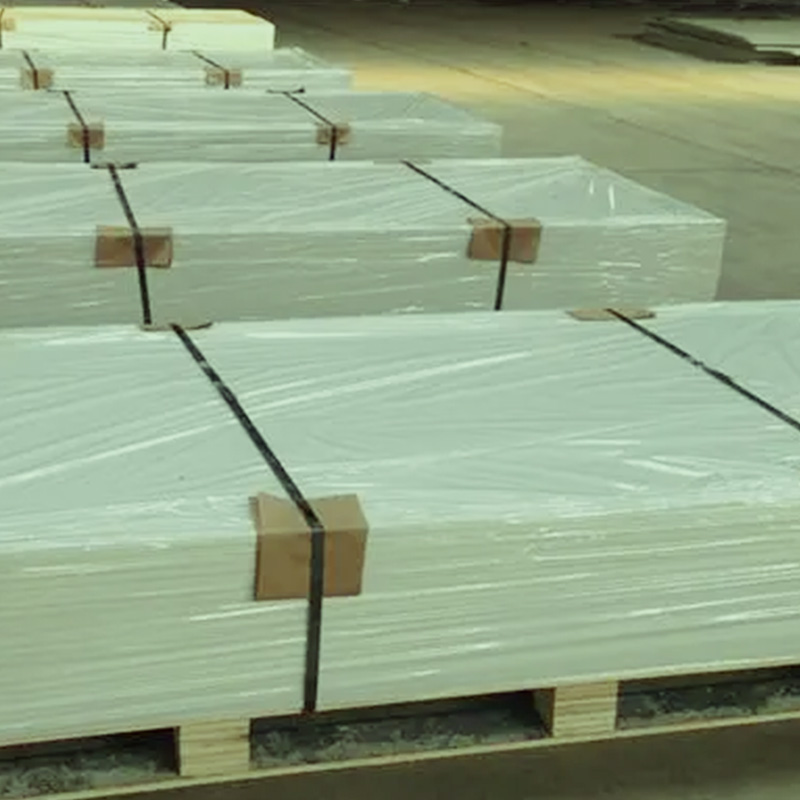How Do I Choose The Proper Plastic Materials?
Selecting the appropriate plastic materials for a specific project is crucial to ensure its success. With a wide range of plastic options available, each possessing unique characteristics and suitability for specific applications, it can be overwhelming to determine which material is best suited for your needs. In this article, we will explore key factors to consider when choosing plastic materials, helping you make informed decisions and achieve the desired outcomes.
Identify Project Requirements:
The first step in selecting the proper plastic materials is to clearly define the requirements of your project. Consider factors such as the intended application, environmental conditions, physical properties required (e.g., strength, flexibility, transparency), and any regulatory or safety standards that need to be met. Understanding these requirements will guide you in choosing a plastic material that aligns with your project's needs.
Consider Mechanical Properties:
Different plastic materials exhibit varying mechanical properties, including tensile strength, impact resistance, hardness, and flexibility. Evaluate the level of stress or load the plastic will be subjected to and choose a material that can withstand those conditions. For instance, polypropylene (PP) offers good impact resistance, while acrylonitrile butadiene styrene (ABS) provides excellent strength and rigidity.
Evaluate Chemical Compatibility:
Chemical resistance is a critical consideration when selecting plastic materials, particularly for applications involving exposure to various substances or environments. Assess the potential contact with chemicals, solvents, acids, or other corrosive substances, and choose a plastic that can withstand them without degradation or failure. For example, polyvinyl chloride (PVC) is known for its excellent chemical resistance.
Consider Temperature Tolerance:
Plastic materials have different temperature tolerances, and it is essential to choose a material that can withstand the expected temperature range of your project. Some plastics, like polypropylene (PP) and polyethylene (PE), offer good resistance to heat, while others, such as polycarbonate (PC) and polyether ether ketone (PEEK), can withstand higher temperatures. Consider the maximum and minimum temperatures the material will encounter during its lifespan.
Assess Environmental Impact:
Sustainability and environmental concerns play a significant role in material selection. Evaluate the lifecycle of the plastic material, including its production, use, and disposal. Consider recyclability, biodegradability, and the availability of recycling programs for the chosen material. Opting for eco-friendly options like bioplastics or recycled plastics can help minimize the environmental footprint of your project.
Cost Considerations:
Cost is an important factor when choosing plastic materials, as it can significantly impact the feasibility of a project. Compare the prices of different plastic options while considering their performance, durability, and other relevant factors. Keep in mind that the cheapest option may not always be the most cost-effective in the long run if it compromises the project's quality or longevity.
Seek Expert Advice:
If you are unsure about the best plastic material for your project, it is wise to consult with experts or professionals in the field. Material suppliers, engineers, or specialists in plastic fabrication can provide valuable insights and recommendations based on their knowledge and experience.
Conclusion:
Selecting the proper plastic materials for your project involves careful consideration of various factors, including project requirements, mechanical properties, chemical compatibility, temperature tolerance, environmental impact, and cost considerations. By thoroughly evaluating these aspects and seeking expert advice when needed, you can make informed decisions and choose the plastic material that best aligns with your project's needs, ensuring its success and longevity.


